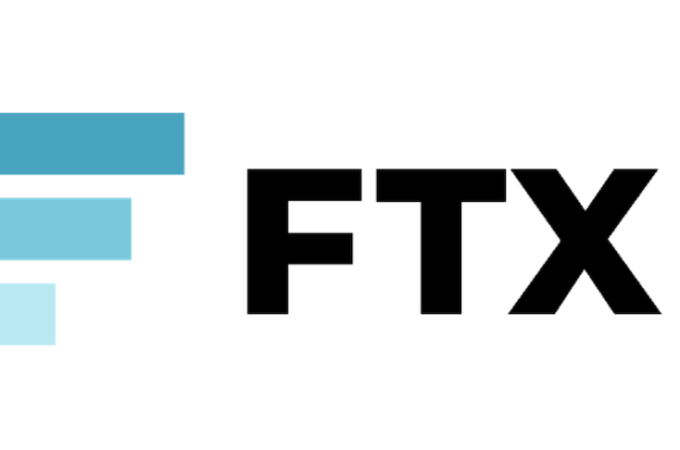
BIS Report Warns of Tokenization’s Double-Edged Impact on Financial Markets
The Bank for International Settlements (BIS) released a comprehensive report to the G20 today, highlighting both the transformative potential and significant risks of financial asset tokenization. The report, “Tokenisation in the Context of Money and Other Assets,” emphasizes the need for careful consideration as the financial sector moves toward digital token adoption.
According to BIS General Manager Agustín Carstens, while tokenization presents opportunities to enhance financial system efficiency, it also introduces novel challenges that require attention. “Tokenisation has significant potential to improve the safety and efficiency of the financial system,” Carstens noted, while emphasizing that “economic, legal and technical challenges must be addressed if it is to fulfil its potential.”
The report identifies several key advantages of tokenization, including reduced transaction costs and the ability to combine multiple functions on a single platform. This consolidation could potentially streamline operations that traditionally required separate systems for trading and settlement.
However, the BIS highlights four critical areas requiring central bank attention:
- Response strategies to private sector tokenization initiatives
- Assessment of different settlement asset types in token arrangements
- Identification of platforms requiring regulatory oversight
- Evaluation of potential impacts on monetary policy implementation
Fabio Panetta, Governor of the Bank of Italy and Chair of the BIS Committee on Payment and Market Infrastructures (CPMI), emphasized that while traditional financial risks remain relevant, they may manifest differently in tokenized systems. “The well-known risks of existing systems apply, but these risks may materialize in different ways due to the effects of token arrangements on market structure,” Panetta explained.
A notable concern raised in the report is the potential for market fragmentation and concentration. The platform-based nature of tokenized systems could lead to “winner takes most” scenarios, potentially limiting competition and raising questions about interoperability between different platforms.
The BIS report comes at a crucial time as financial institutions worldwide experiment with tokenized assets. The findings suggest that while tokenization could revolutionize financial markets, its success will depend heavily on establishing robust governance frameworks and risk management protocols.
Looking ahead, the BIS has committed to further exploring these challenges through its Innovation Hub projects, signaling continued engagement with this evolving technology landscape.





